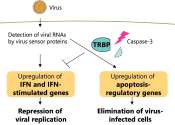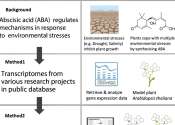Imaging the microstructural landscape of amorphous carbons
Prof. Wu HengAn's team from the University of Science and Technology of China has presented six representative phases of amorphous carbons based on large-scale molecular dynamics (MD) simulations, achieving a comprehensive ...









